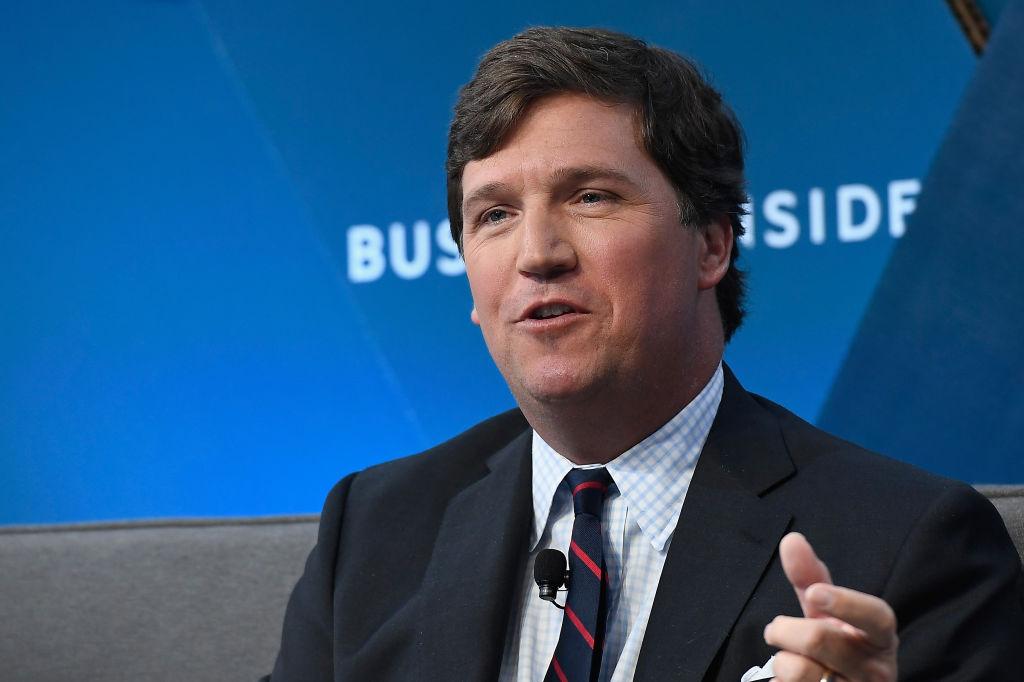Commentary
The B.C. Law Society’s trade journal, The Advocate, is caught in the jaws of a disagreement between transgender advocates and court authorities, and those who favour traditional pronouns. At stake is The Advocate’s integrity as a forum of free discussion.





